According to a UN report on climate change, ” Agriculture, including forestry, fisheries, and livestock productions, generate a fifth of the worlds greenhouse gas emissions.” That means food production accounts for as much greenhouse gas emissions as all forms of transportation combined. This is an alarming statistic, but is it enough to get you to change the way you fill your plate? If your the average American, then the answer is an overwhelming–no. The problem lies with a lack of knowledge and exposure to adequate plant based alternatives. This article will deal with the former. Knowledge is power, and it is my hope that a little more knowledge about plant based alternatives will have you trading out your animal based proteins for plant based options–well at least a few times a week.
Here are some tips for including more plant proteins into your diet, so you can choose options that are best for your fitness and the planet.
Complete V. Incomplete Protein
Are plant proteins inferior to Animal proteins? The answer lies with an understanding of complete and incomplete proteins. A complete protein is one that contains all the amino acids your body needs to obtain through food sources. When you look at the nutrition profile of most plant proteins, there is at least one absent amino acid, defining it as incomplete.
Quinoa is an example of a complete plant protein, while lentils are incomplete as they lack methionine and cysteine. Luckily, your body doesn’t need every amino acid in each bite and is capable of filling those small gaps over time. As long as your overall diet is diverse and contains many different plant proteins, your body will have all the amino acids needed for good health and performance.
Pea Protein
Whey protein is not the only option to help speed up muscle recovery after a punishing workout. Soy and Pea Protein can achieve the same effect. Soy protein is a complete protein and can aid in muscle growth. The drawback, soy does not satiate the same as whey so, it wouldn’t be ideal for weight loss.
Pea Protein is another excellent replacement for animal protein. Pea Protein is often the main ingredient in many vegan and vegetarian Faux meat products like Beyond Meat’s Burger and sausages.
A little More
Protein needs vary from person to person based on body size and goals. The general population may require .8g/kg of protein while strength and endurance athletes might need as much as 1.4g/kg. However, plant proteins are less available to the body. Meaning whatever your needs are, opting for plant-based protein over animal protein increases the amount you need to consume to have those needs met. Research suggests relying on plant proteins results in absorbing 5–10% less protein overall. So, if you are planning to go strictly plant-based make sure to add about 5-10% more daily.
To Your Continued Success,
Coach Don



